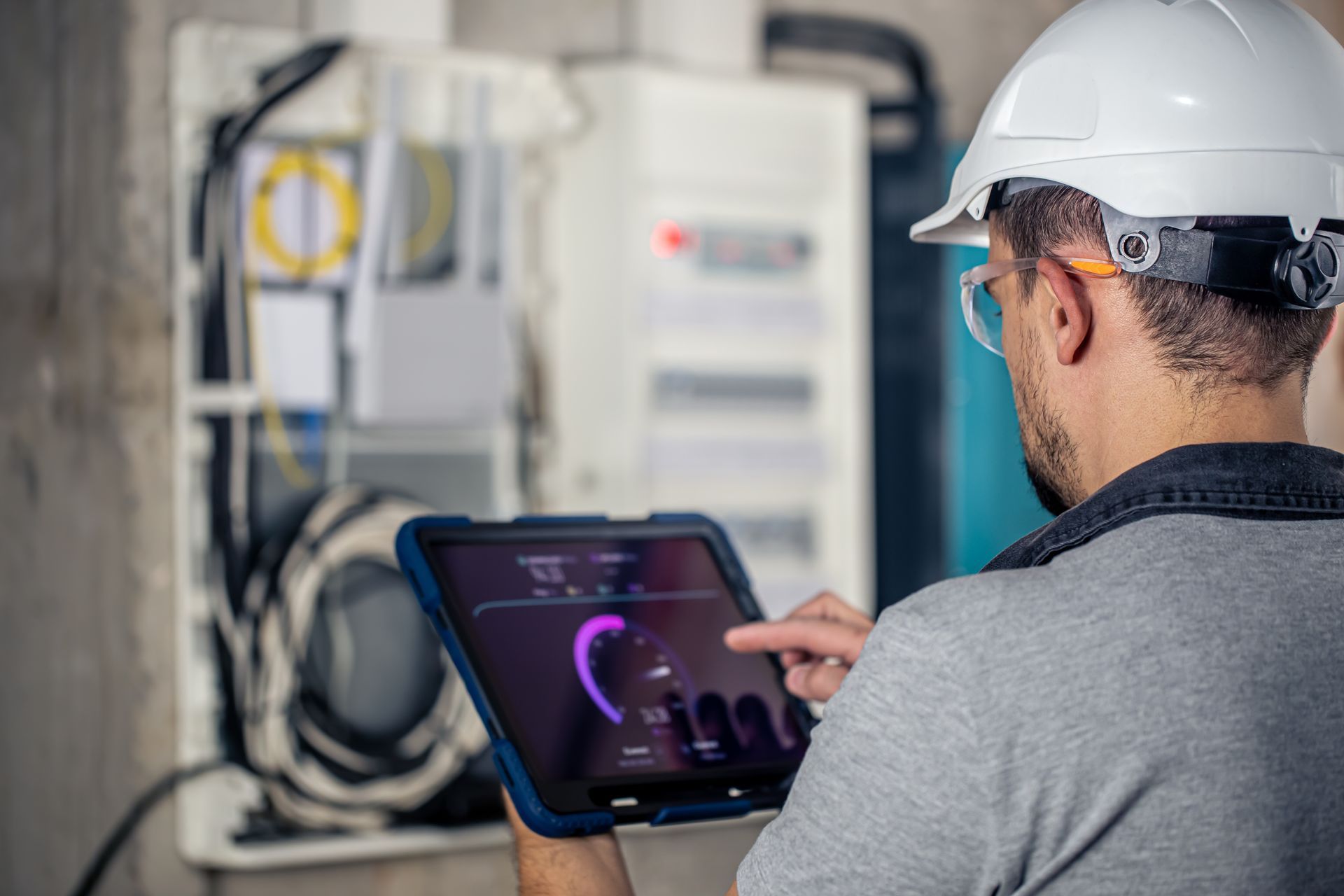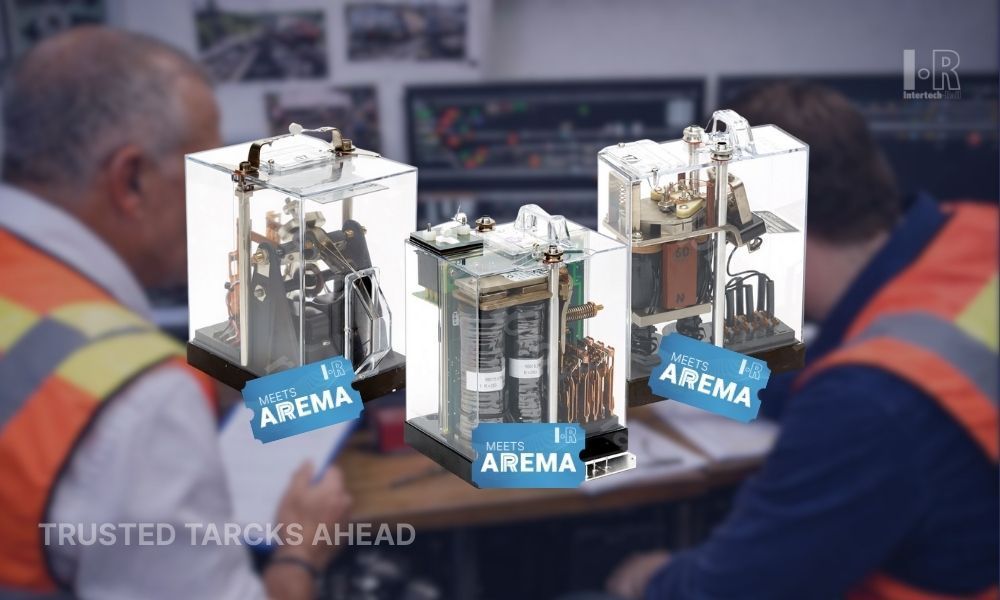The importance of FAIL-SAFE Relays for the RAIL Industry
Fail-safe relays play a crucial role in ensuring the safety and reliability of railway systems. These devices are designed to prevent accidents, equipment failures, and malfunctions in railway applications by detecting and reacting to fault conditions. In this article, we will explore the importance of fail-safe relays in rail applications and how they help to ensure the safe and efficient operation of railway systems.
Reliability and Safety
Fail-safe relays are designed to provide reliable protection against potential faults and failures in railway systems. These devices are equipped with sensors that detect and respond to fault conditions, such as over-current, over-voltage, and short-circuit situations. Once a fault is detected, the relay will trigger an alarm or shut down the system to prevent damage or a potential accident. This helps to ensure the safe and efficient operation of the railway system, reducing the risk of downtime and improving reliability.
Protection of Equipment and Infrastructure
Railway systems are complex and sophisticated, comprising of various components such as
track switches,
signals, power supplies, and rolling stock. Fail-safe relays play a crucial role in protecting this equipment and infrastructure by detecting and reacting to fault conditions. For example, if an over-current situation is detected, the relay will trigger an alarm, alerting maintenance personnel to take action and prevent damage to the equipment. This helps to extend the lifespan of railway equipment, reducing the need for costly repairs and replacements.

Reducing Downtime and Increasing Availability
Fail-safe relays are designed to provide quick and reliable
protection against fault conditions in railway systems. By detecting and reacting to faults in real-time, these devices help to reduce downtime and increase availability. This is especially important in railway systems where downtime can result in significant delays, impacting schedules and causing inconvenience to passengers.
Improving Energy Efficiency
In addition to ensuring the safety and reliability of railway systems, fail-safe relays also play a crucial role in improving energy efficiency. These devices are designed to detect and respond to fault conditions in real-time, preventing energy waste and improving energy efficiency. By detecting and reacting to fault conditions quickly, fail-safe relays help to ensure that energy is used efficiently, reducing energy costs and improving sustainability.
Intertech Rail manufactures all types of RAIL Fail SAFE relays that play a critical role in ensuring the safety and reliability of railway systems. These devices provide quick and reliable protection against fault conditions, improving energy efficiency and reducing downtime. By detecting and reacting to fault conditions in real-time, fail-safe relays help to ensure the safe and efficient operation of railway systems, providing peace of mind and increased confidence for railway operators and passengers alike




